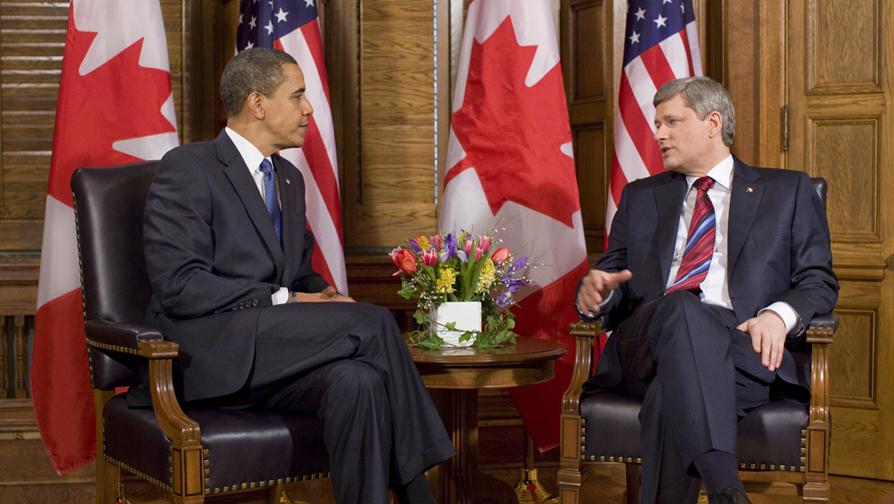The difficulty in following the recent events in Brazil, steeped as they are in the number of obscure procedural moves and conflicting information from supporters and opponents of now-suspended President Dilma Roussef, is doubly difficult for those who do not speak Portuguese and thus lack first-hand media accounts.
The way English-language media sources interpret the events has a tendency to spin the coverage in one direction or the other, portraying the ousted government as deeply corrupt and its impeachment justifiable, or condemning the events as a form of bloodless coup. This is hardly unique to Brazil, but it is more imperative to take a critical look in this particular case. Brazil is the seventh largest economy in the world, a key BRICS member, a regional power in South America and the host of the 2016 Olympics, and the recent tumult therefore runs the risk of creating instability far beyond its own borders.
Assessed from this angle, the newly-installed caretaker government led by Rouseff’s former vice-president Michel Temer has been the opposite of judicious in its approach, and seems to be either deliberately stoking a backlash from the base of Rouseff’s centre-left Workers’ Party (PT) or at least ignorant of this possibility. The question of corruption and malfeasance on the part of Rouseff and her party is a live one, and it should not be lightly dismissed, but there is also a responsibility for a caretaker government, particularly one walking into a society intensely polarized on lines of race and class, to recognize the limits of its legitimacy and not make moves which betray the spirit of the electorate.
Rouseff’s poll numbers were trending downwards on the back of a sagging economy for months and it is entirely possible that new elections would return a president with a different set of policy priorities. However, as much as the Brazilian public may have grown tired of Rouseff, they also have very little love for Temer, and many are taking to the streets in protest, demanding new elections without either of the two involved. If, as seems to be increasingly likely, Rouseff’s suspension turns into a full impeachment, Temer should honor the sentiments of the public and call for new elections at the earliest convenience.
In the meantime, and given that the summer Olympics in Rio de Janeiro would delay the holding of new elections in any case, Temer and his government should recognize that they are skating on thin ice with citizens in terms of their range of policy movement. Though they may have de jure power to effect large changes to the status quo, they lack the democratic legitimacy to do so and are causing just the sort of protests one would expect by pursing them.
Aside from the, to put it mildly, tone-deaf decision to appoint a 23-member cabinet consisting entirely of white men (about half of Brazilians identify as black or mixed-race), Temer and his ministers have also signaled their intent to move rapidly on a much more conservative policy program than that on which Rouseff was elected. On the chopping block are popular PT-initiated social programs such as the Bolsa Familia cash transfer (a per-child payment similar to the Canada Child Benefit), reductions in public health care spending, and the cutting of thousands of positions in the civil service.
Even more controversially, members of cabinet have proposed cancelling a series of decrees concerning Rouseff’s recognition of Indigenous Brazilian and quilombo (founded by escaped African slaves) communities, which transfer some political powers to the leadership of these communities and provide protections against development encroachment, and loosening a law on forced labour prevention. The new Foreign Minister, Jose Serra whom Roussef defeated in the previous election, has also hinted at a reorientation in the country’s foreign policy ties shifting away from the Latin American “pink tide” leftist governments such as Bolivia and Ecuador.
Whether or not these policies are advisable in and of themselves, it remains true that they were not in any sense put to a popular vote. Temer himself is ineligible to run for office for eight years, owing to a charge of violating campaign finance law, and has not made any moves to challenge this status. Put simply, in democratic terms, this government should be seen as a placeholder until the corruption investigation against the one which was duly elected can be sorted out. One does not have to necessarily believe that the recent events constitute a kind of post-modern coup to find the variety of policy changes overreaching and in violation of the spirit of democratic politics. Given Brazil’s history of authoritarian rule, and the variety of sharp divides which define the county’s politics, politicians in Temer’s rare position should have an incentive to be even more cautious in their roles. Some instability created by Rouseff’s suspension was inevitable, but a responsible government would be acting to minimize rather than heighten it. This is especially true in light of the ongoing recession and the need to run a smooth Olympics.
For this reason, if members of the new government are sincere about following through on Temer’s promise of unity and confidence, they would be far more inclusive of a wide swath of Brazilian politics and society. They should start by appointing an ethnically diverse and more gender-balanced cabinet, with members from a wide range of parties in the Congress (including the PT) and pledging not to undertake drastic policy shifts until at least the investigation of Rouseff is completed. They should also make clear that their role is a limited, caretaker one and, in the event Rouseff is impeached, lay out a timely process for new elections.
The world, and Brazil itself, cannot afford the grinding economic and political fallout from a government with a limited mandate pushing through unpopular policies in a way widely seen as illegitimate. The recent street protests should be a wakeup call to Mr. Temer to reverse course and bring the country together, rather than fanning the flames of social division.
Photo Courtesy of Agência Brasil. Licensed under CC BY 3.0 BR.
Disclaimer: Any views or opinions expressed in articles are solely those of the authors and do not necessarily represent the views of the NATO Association of Canada.




